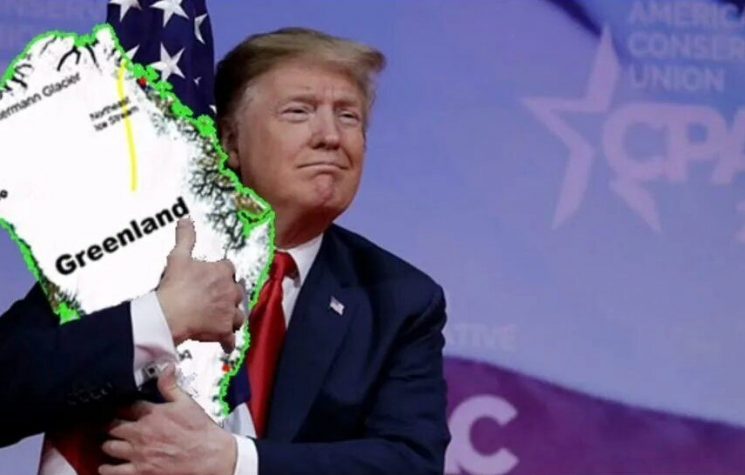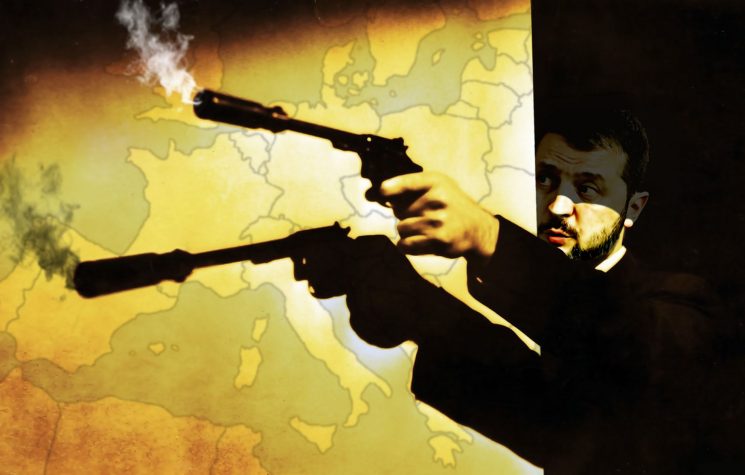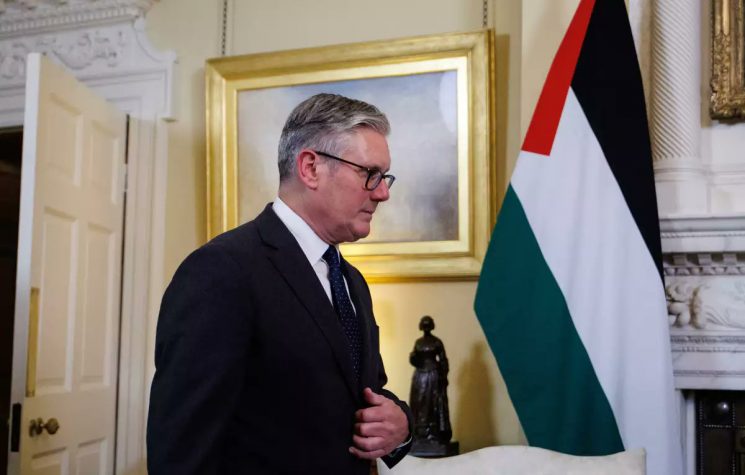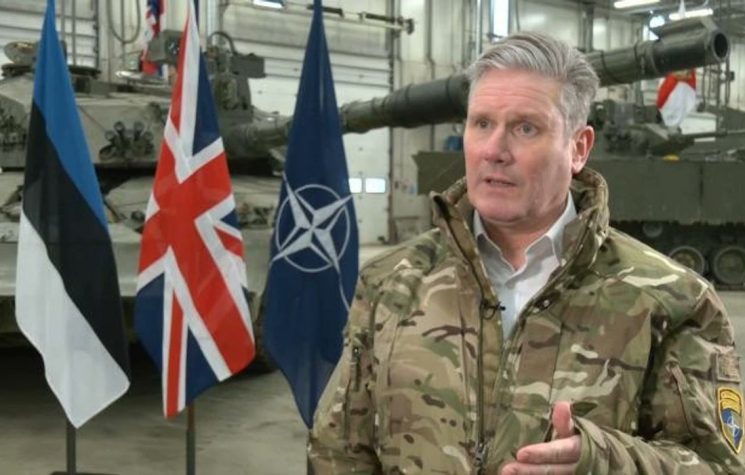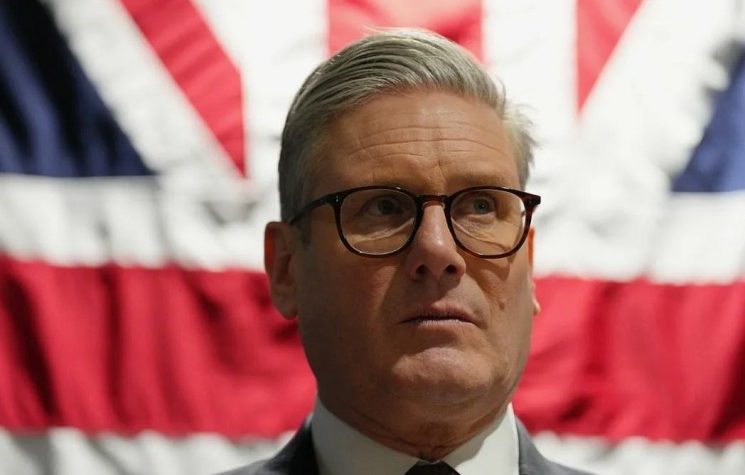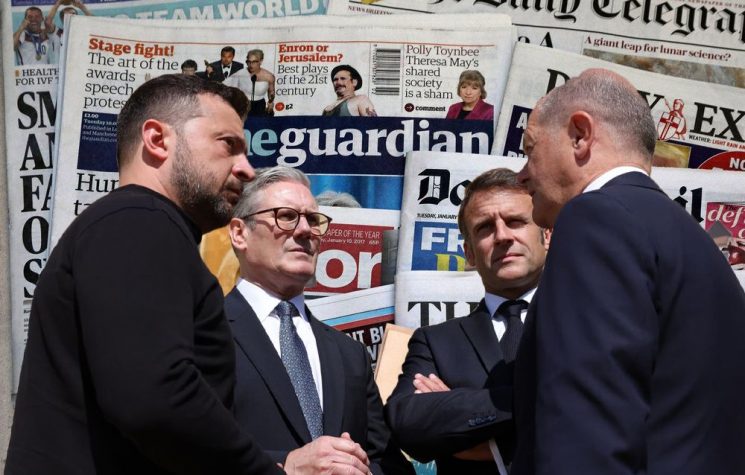This comical treaty concluded between two cripples reflects the decay of realistic and responsible statesmanship in the contemporary world.
Contact us: info@strategic-culture.su
The recent news item that imploding Great Britain and rump Ukraine have concluded a hundred-year alliance has injected some much-needed humour into the otherwise unbearably sombre political situation in the world.
The absurd length of the pact signed by Starmer and Zelensky illustrates the complete lack of realism that for some time has governed the conduct of both delusional chancelleries, in London as well as in Kiev. Neither of the contracting parties has any reasonable prospects of remaining in existence a century hence, by the time the term of the just concluded centennial alliance expires.
Nor are there grounds to believe that their successor states, if there are any, will have an interest in maintaining this stillborn and utterly preposterous alliance once both contracting parties have departed from the world stage.
Though at first blush it may appear harsh, this prognosis is fully consistent with observable facts. The dysfunctionality on many levels of Great Britain, or United Kingdom, it hardly matters what one chooses to call it, is rapidly dawning on everyone with eyes to see. From the top down it is a country that is falling apart at the seams. At the very top, the Royal Family has lost its lustre in the time frame of a generation. Because of the irresponsible and unseemly conduct of its members it is no longer capable of performing its traditional symbolic and mediating duties. Precisely as William Butler Yeats anticipated, “Things fall apart; the centre cannot hold.”
Nor are Britain’s political and social institutions in much better shape. In contemporary Britain, the meritocracy that but one or two generations ago still used to characterise the government elite and civil service is a figment of the past. The highest offices in the land are now occupied by buffoons and incompetents, ably personified by Boris Johnson and Liz Truss, as well as a slew of other pathetic officials seemingly drawn from the cast of the political satire series “Yes Minister.” The Established Church, once a moral pillar of society, is now mired in doctrinal confusion, degeneracy, and irrelevance. The population replacement project that at great personal risk Enoch Powell, reviled by nincompoops but vindicated by subsequent developments, warned his compatriots against, is now a full-blown reality which critically undermines Great Britain’s viability and the coherence of British society. Once a global industrial powerhouse, Britain now scarcely produces anything that anyone desires or is of superior quality (with the exception of Rolls Royce engines, as Andrey Martyanov tirelessly points out), whilst its military is in tatters and its entire army would be too small to fill even an average sized soccer stadium.
It is that Britain, however, a country that many doubt will make it in recognisable shape or form to the year 2050 that has just signed a hundred-year alliance with Ukraine, a hollowed out entity that many are sceptical can make it to the end of this year, 2025.
Concerning Ukraine’s prospects, it is unnecessary to elaborate in great detail because this topic has been covered extensively and with great expertise by serious political commentators. Suffice it to say that since the failure of the plan to use Ukraine as a battering ram against Russia became manifest, the Kiev regime’s most ardent supporters and generous financiers are now removing the props from under it. The war they cynically instigated and were prepared to finance “to the last Ukrainian,” after three years has cost at least a million Ukrainian lives and caused millions of refugees to scatter throughout the neighbouring countries, enormously depleting Ukraine’s human and material resources and making its viability entirely doubtful even in the short-term.
Students of international relations are surely aware that concluding a treaty of alliance to last one hundred years would have been quite an exceptional practice even in more stable historical periods. An example of such self-confident diplomatic planning into the distant future does not readily come to mind. Great Britain, or England at the time, did sign with Portugal in 1386 a treaty of alliance which is still in effect. That treaty may be regarded as the longest lasting known alliance between two states. However, the treaty does not specify a period of time that it is expected to remain in force. Over the centuries it has endured by inertia, not by design, mainly because for the most part the imperial ambitions and interests of the signatories happened to coincide. Both England and Portugal throughout that period were powers in the ascendant whose long-term viability was never in doubt. The treaty’s principal provisions reflect clearly the status of the parties as serious players in international relations:
“It is cordially agreed that if, in time to come, one of the kings or his heir shall need the support of the other, or his help, and in order to get such assistance applies to his ally in lawful manner, the ally shall be bound to give aid and succour to the other, so far as he is able (without any deceit, fraud, or pretence) to the extent required by the danger to his ally’s realms, lands, domains, and subjects; and he shall be firmly bound by these present alliances to do this.”
What aid and succour can pathetic present-day Britain, whose fabled navy is incapable of standing up to Houthis in the Red Sea, possibly offer to battered Ukraine on its last legs? Reciprocally, what assistance could the imploding Ukraine possibly furnish to moribund Britain?
This comical treaty concluded between two cripples, both of whom for their survival are in dire need of every manner of assistance, but which are in no position to help anyone else, and least of all each other, sadly reflects the decay of realistic and responsible statesmanship in the contemporary world. This treaty most likely will still be in effect long after both parties to it had ingloriously bitten the dust.






















